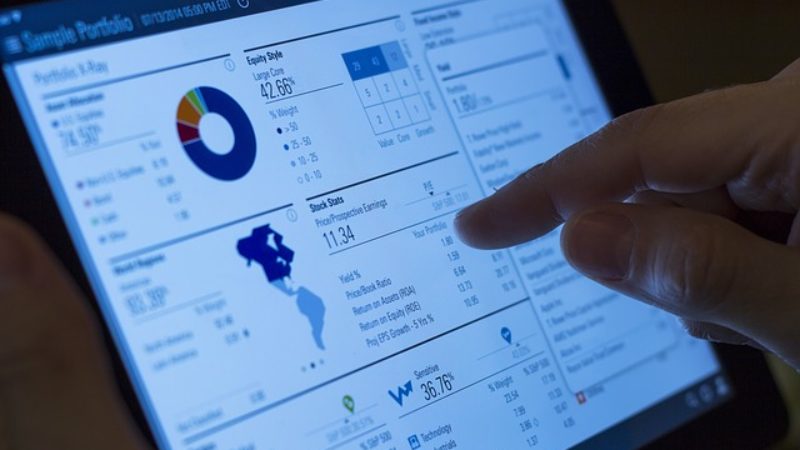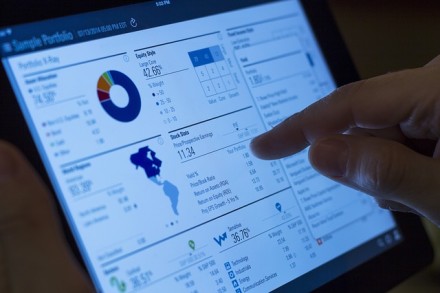

By Stella Creasy and Chi Onwurah
In these times of breakneck speed innovation we are all searching for the ‘next big thing’ that will again bring widespread change to our lives. For many the focus has turned to data and data management – and with good reason. As we have previously argued, every time you click you are creating wealth. In our day to day interactions online everyone leaches valuable information in the double tap of a track pad.
The Tory led Government talks of data as the new oil, fuelling new industries, oiling the virtual cogs of new applications and enabling potentially huge profit margins. But in their rush for ‘digital gold’ all too often they overlook those generating the data itself. And as new industries develop that treat people not as citizens or even consumers with rights but virtual ‘oil fields’ to be explored, exploited and then exhausted so the risk grows of inequality. Public concern is growing with many feeling what can be called ‘digital discomfort’—the sense that Government knows who we are calling, Amazon is telling us what we should be buying, our children and friends are being harassed online. Commentators above and below the line discuss how Google is recording our every move and shadowy cyber criminals are trying to steal our identities.
This Government has done little to reassure people, indeed the shambolic mis-handling of care data and HMRC data has led many to question public data management. Every Government department seems to have a different policy for data sharing, HMRC alone have 273 known legal data sharing “gateways” with other agencies and organisations. Even Ben Goldacre, a great champion of open data, recently explained his concerns over the way in which data can be used.
These problems can make it easy to overlook the opportunities data can create to empower citizens, reduce costs and make services much more effective. Many of the recent scandals around child protection for example might have been avoided if data had been better shared between the relevant agencies so that patterns of abuse were identified. We need a different people powered approach to data collection, analysis and sharing which restores trust, ethics and security into Government digital services.
It is time for a public debate on “data and society” that openly and honestly recognises the challenges of handling and analysing personal data; and that assesses the true benefits and limitations of big data and open data. These concerns are not simply limited to public agencies, but are at the heart of our approach to all platforms in which information is produced. That is why Labour has accepted the recommendation from our Independent Review of Digital Government to establish a review of data in Government and committed to a review of information sharing in the private sector as well. As Ed Milband set out in his Hugo Young lecture, our starting principle for this work is that everybody owns their own data. We are determined to ensure everyone is not only able to create, but also to control their data.
Only a radical Labour administration in 2015 can bring about a progressive digital government that delivers for every citizen.




More from LabourList
Turning the page? Labour’s recovery in the polls show a path to 2029 victory
Restoration announce recommendations for NEC candidates
‘Factionalism at the top is weakening Labour – and handing a gift to Reform’